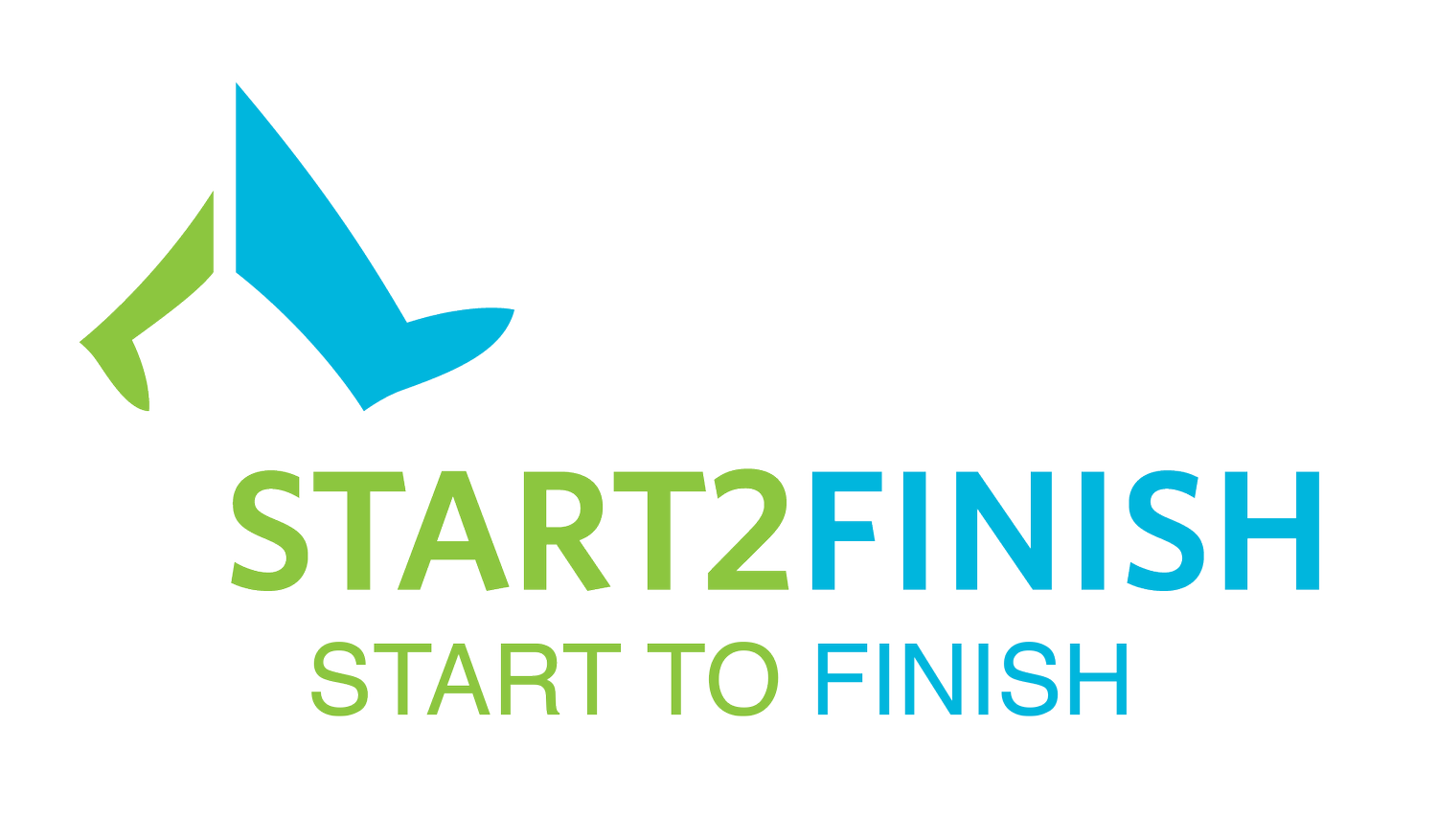
Junior Coach Leadership
Development Program.
We take the middle school years seriously.
Often too young for high school leadership programs and too old for elementary school programs, middle-year students feel left out and undervalued. Rooted in positive education, the Junior Coach Leadership Development Program provides an opportunity for middle school students (grades 7-8) to develop valuable leadership and life skills as well as improve their physical fitness and literacy skills.
The middle years are important.
Canada’s youth are not adjusting well in their middle school “transition years” (grades 6-10) due, in large part, to the decrease in physical activity and increase in mental health issues prevalent during early adolescence. Studies have shown that there is a ‘performance dip’ when these young people transition from primary to secondary school. With physical, psychological, academic, social and environmental uncertainty and a greater desire for independence, young people at this age can show tendencies such as lower commitment levels, low interest/engagement levels and achievement loss, as well as anxiety and mental health challenges.
Even more so, youth whose parents are struggling economically end up in less regulated environments, adding to the stress of this pre-adolescent stage. Preventative agencies like leadership and belonging are not often nurtured among these students, impacting their health and physical and intellectual development, and their future success. In spite of this epidemic, there are large support gaps in servicing this age group. The Junior Coach Program takes a multi-tiered approach by addressing a number of aspects of a youth’s wellbeing during this critical time in order to help them make a smooth transition to high school, avoid dropout, graduate, and move on to post-secondary education.
FAQs
-
Students may register for the program through our portal.
-
Form quality interpersonal relationships
Feel comfortable and safe in their new environment
Develop/maintain positive attitudes toward school and learning
Develop/maintain a social and emotional learning process
Develop/maintain confidence in their ability to succeed in school
-
The Junior Coach Program impacts dozens of youth across Canada. The Program runs after-school for 1 hour once a week from October to May. The curriculum consists of physical activity, literacy, peer and coach mentoring, journal entry, breakout sessions and special workshops, experiential learning field trips, and leadership-related homework activities.
-
Positive education is defined as education for both traditional skills and happiness. In Canada, according to UNICEF, children are experiencing high grades but reporting low levels of life satisfaction. There is substantial evidence that positive education is a solution that teaches students skills for happiness. These skills are Social Emotional Learning (SEL) including decision-making, coping skills, problem-solving skills, relaxation and creative brainstorming.
Positive Education principles are incorporated into every aspect of our programming to better equip children to thrive both in and beyond the classroom.

